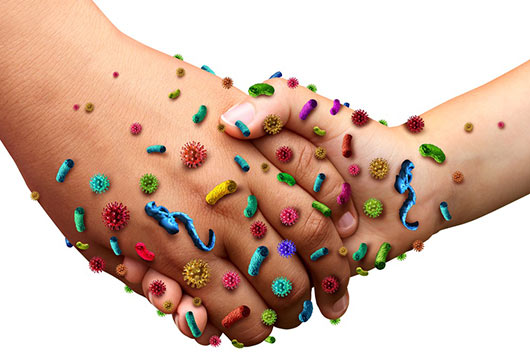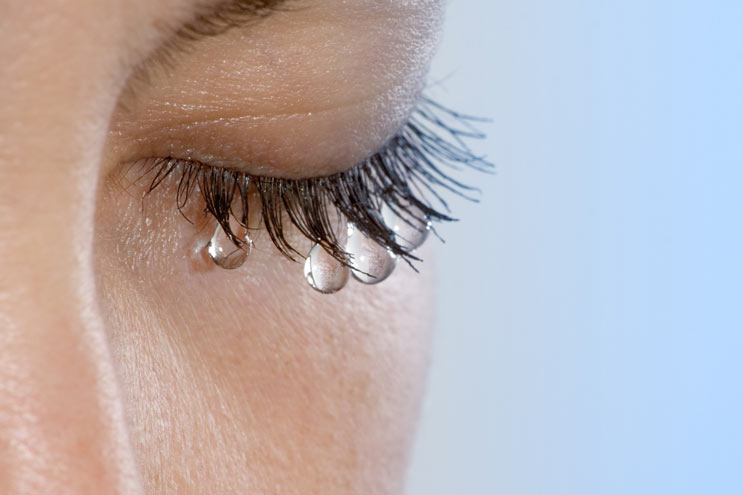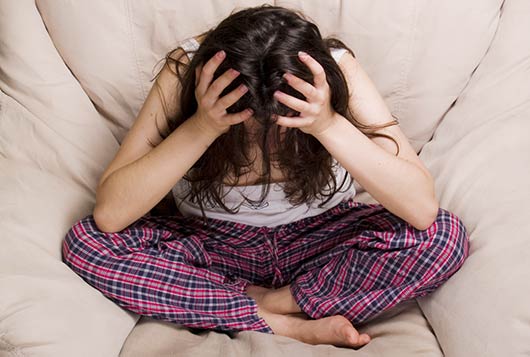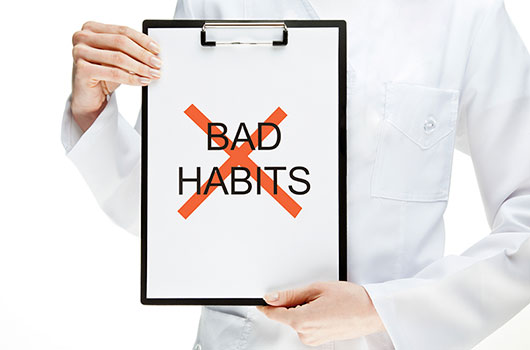
UPDATED June 17th, 2017
Have you ever stopped to wonder if you have germaphobia? Do you find yourself washing your hands after touching practically anything? How about avoiding airplane travel, shaking hands or using public bathrooms? Though being careful to sanitize and clean is important for our everyday health, germaphobes allow germs to dictate how they live their lives, and if they believe they have been contaminated they will often feel physical side effects such as sweating, panic attacks, dizziness, trembling, chest pain and nausea.  No one knows exactly why people develop phobias, but mental health experts believe that people are more likely to develop phobias that protect them from danger (examples: fear of heights, large animals, etc.), and since germs can lead to illnesses like a pneumonia for instance, sometimes, this fear is taken to an irrational level.
No one knows exactly why people develop phobias, but mental health experts believe that people are more likely to develop phobias that protect them from danger (examples: fear of heights, large animals, etc.), and since germs can lead to illnesses like a pneumonia for instance, sometimes, this fear is taken to an irrational level.
Read Related: No-Fear Ninja: How to Conquer Your Worst Phobias











